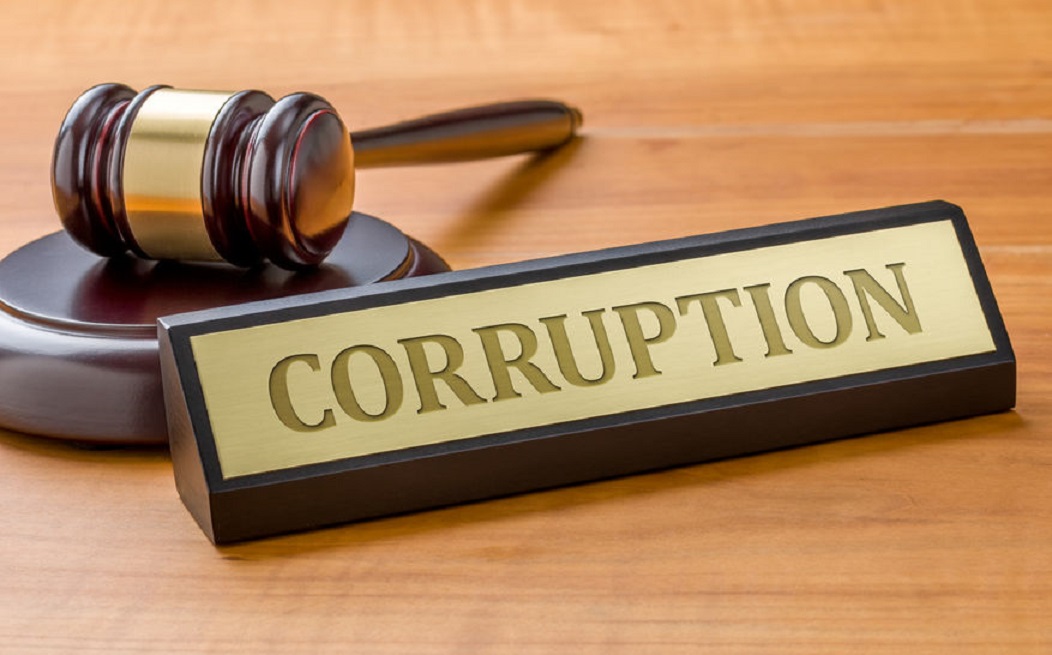Bad, lazy or greedy attorneys fail to warn clients about the problems they could face in bankruptcy.

People in financial distress look to attorneys for help and guidance. They assume their attorneys care more about them than about the attorney’s bank account. There are several basic ethical rules governing attorneys, such as:
- An attorney is ethically required to have the skill and knowledge in order to offer good advice to their clients.
- Attorneys should not accept more clients than they can efficiently and professionally assist. Many law firms that mass-produce bankruptcies treat their clients like cattle – herding them into a holding pen for slaughter, with little regard about the legal consequences to those clients (losing their home, tax refunds, or inheritance, to name a few problems).
- An attorney has an obligation to treat their clients with respect, and
- An attorney it required to honor the rules of the legal system.
- plus many more – see A Lawyer’s Creed of Professionalism
The United States Trustee, the trustees, and their attorneys
What is the United States Trustee Program: Office of the US Trustee The United States Trustee Program is a component of the Justice Department that works to ensure the integrity of the bankruptcy system across the nation.
The duties of United States Trustees include:
- Appointing and supervising the private trustees who collect and disburse funds to creditors in bankruptcy cases under Chapters 7, 12, and 13;
- Assuring compliance with the Bankruptcy Code with respect to information disseminated in cases through reports, schedules, disclosure statements, reorganization plans, and other filings.
- Reviewing fee applications of professionals, like attorneys and accountants, who serve in Chapter 11 business reorganization cases; and
- Monitoring bankruptcy cases for fraud and abuse, and referring criminal matters to U.S. Attorneys for prosecution in accordance with the USTP Mission Statement.
In other words, a primary purpose of the US Trustee’s Office is to police the bankruptcy system. There are guidelines governing chapter 7 trustee behavior (Handbook for Chapter 7 Trustees). As with all humans, some people are more aggressive than others. Some are more focused on personal financial gain then altruistic benefit to society. Therefore, some of the more aggressive chapter 7 bankruptcy trustees and/or their attorney view debtors as walking cash registers (see post – Every client deserves competent advice….) Wonder how much are Arizona chapter 7 trustees and their attorneys paid – see Professional Fee Report.
As the police of the bankruptcy system, the US Trustee’s Office is on the lookout for bad actors, such as bad debtors or bad attorneys. I don’t have any experience about the policing of bad debtors (other than to read articles or cases depicting some outrageous and really stupid behavior). But, unfortunately, I do have experience of with some bad attorneys. Please understand that the legal process is designed to be slow. Typically, there must be repeat offenses in order for the police to pay attention. The same is true when taking action to curb bad lawyers – there must be repeat offenses. The bad news is that innocent people continue to be harmed by the behavior of bad attorneys, at least until the police complete their investigations and the court finishes its process. That is how the system is designed.
“A Bankruptcy Christmas”
For a very insightful expose’ on how bad this process has become – watch Stephen Berken‘s YouTube presentation “A Bankruptcy Christmas“. He is not afraid to call a turd a turd.
MUSINGS FROM DIANE:
 The bankruptcy system was designed to help honest individuals and businesses get a fresh start. That fresh start comes in many flavors – depending on the debtors and their goals. Unfortunately, not all the players in the bankruptcy system put a fresh start for honest debtor as their priority. Instead, their pocketbooks are their priority. One conclusion is that the process is broken, but it is not. There are committed attorneys in the US Trustee’s office spending months, if not years, pursuing bad debtors or bad attorneys. There are good trustees and trustee attorneys who are conservative in how they treat a debtor. So, again, the system is not broken, but it takes those in the trenches (like my fellow bankruptcy attorneys) being willing to say “enough is enough”.
The bankruptcy system was designed to help honest individuals and businesses get a fresh start. That fresh start comes in many flavors – depending on the debtors and their goals. Unfortunately, not all the players in the bankruptcy system put a fresh start for honest debtor as their priority. Instead, their pocketbooks are their priority. One conclusion is that the process is broken, but it is not. There are committed attorneys in the US Trustee’s office spending months, if not years, pursuing bad debtors or bad attorneys. There are good trustees and trustee attorneys who are conservative in how they treat a debtor. So, again, the system is not broken, but it takes those in the trenches (like my fellow bankruptcy attorneys) being willing to say “enough is enough”.
Diane is a well respected Arizona bankruptcy and foreclosure attorney. As a retired law professor, she believes in offering everyone, not just her clients, advice about bankruptcy and Arizona foreclosure laws. Diane is also a mentor to hundreds of Arizona attorneys.
*Important Note from Diane: Everything on this web site is offered for educational purposes only and not intended to provide legal advice, nor create an attorney client relationship between you, me, or the author of any article. Information in this web site should not be used as a substitute for competent legal advice from an attorney familiar with your personal circumstances and licensed to practice law in your state. Make sure to check out their reviews.*
In Case You Missed It
Published On: March 24, 2024
Bankruptcy is a complex process that can have significant implications for your business and personal finances. Before considering business bankruptcy as an option for your struggling business, it's crucial to understand the potential pitfalls [...]
Published On: February 11, 2024
All Attorneys Must Return Client Calls, Even Flat-Fee Attorneys Attorneys are required to return client calls and respond to client's concerns, even flat-fee attorneys. In a recent bankruptcy case, In re: [...]
Published On: January 3, 2024
Understanding Why Some Bankruptcy Cases Get Dismissed or Discharge Revoked for Bad Faith What does it mean when someone says I have a bad-faith bankruptcy? Bankruptcy is meant to offer individuals and [...]
Published On: May 24, 2022
“Top Notch Representation, Personalized Service! ” T.M. Diane Drain personally answers her incoming calls! Every individual has their own specific reasons for seeking bankruptcy protection. I enlisted Ms. Drain's assistance and from [...]












